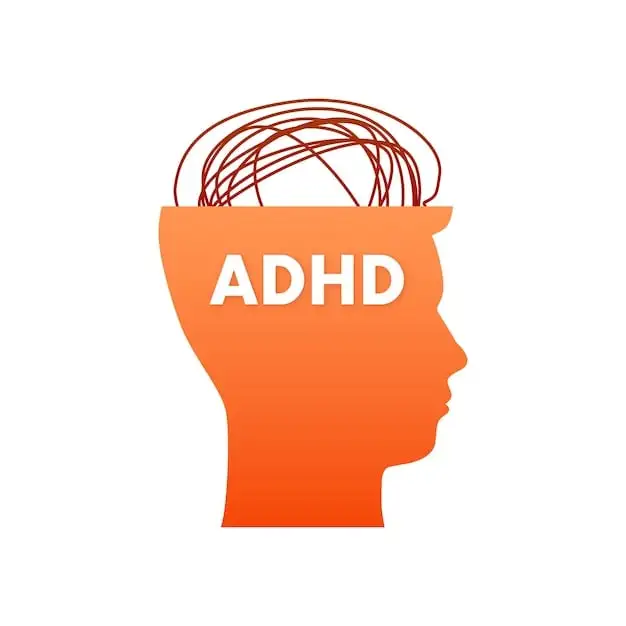

Enshittification is not just erosion\reduction of the role of open projects and non-encumbering licenses.
All your examples are of successful enshittification. Except since C64 a lot has changed.
XMPP - you’re right, but wrong. It’s still usable, which is more than what one can say on other examples. But it’s architecturally insecure and half-broken. Some kind of “Signal with federation” would be interesting.
Android - yes, using it in a good way is more rare than FreeBSD on desktops. And the ecosystem is good only compared to Apple’s.
The Web - you are as wrong as it gets. It was really open, with standards one can grasp, and with the ability to use any embedded content using all kinds of plugins, usually proprietary, but not always, via Netscape plugin API. Java applets - open enough, but often insecure, Flash videos - that one could play with open plugins usually, Flash games and other applications - usually not, but you wouldn’t have to install Flash if you don’t want that. The security problems could be solvable with sandboxing, maybe with something else. The browser itself had only to support web standards and said NPAPI (if one wanted those plugins). People do come up with all sorts of solutions. Instead of looking for solutions everybody was looking for an excuse to make a web browser itself an overly complex platform. Some consciously, and some thinking that the magic of the Web will grow with its functionality. It was the opposite. It is enshittified because of stuffing everything into the browser instead of modularity.
C64 and RPi - these are too different to say anything. But RPi being open is not true.
Anyway. There’s cause for hope, along with plenty of reasons to be concerned.
My cause for hope is that the humanity will do the right thing after exhausting all other options. Just as usual.


I would like us to be trying to change that and not to make things more and more centralized. Because that kind of civilization will fail.